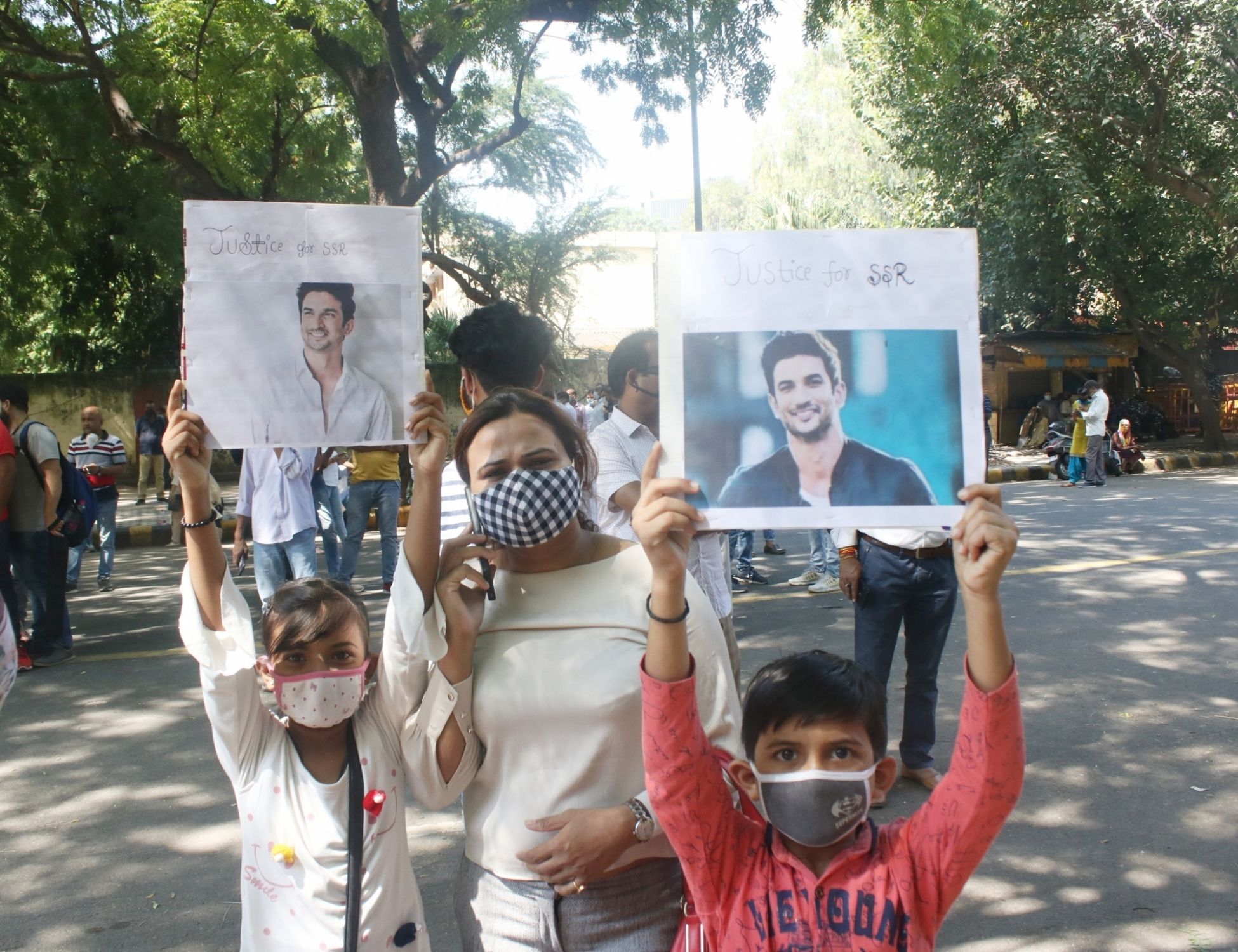|
Sydney, Aug 12 (IANS) New research adds to the growing body of evidence that pasteurising human milk inactivates the virus that causes Covid-19.
"While there is no evidence that the virus can be transmitted through breast milk, there is always a theoretical risk," said study lead author Greg Walker from the University of New South Wales in Australia.
According to the study published in the 'Journal of Paediatrics and Child Health', there are five human milk banks in Australia. As the Covid-19 pandemic evolves, these milk banks continue to provide donated breast milk to pre-term babies who lack access to their mother's own milk.
Donors are screened for diseases and the milk is tested and pasteurised to ensure that it is safe for medically fragile babies.
"We've seen in previous pandemics that pasteurised donor human milk (PDHM) supplies may be interrupted because of safety considerations so that's why we wanted to show that PDHM remains safe," Walker said.
For this study, the team worked in the Kirby Institute's PC-3 lab to experimentally infect small amounts of frozen and freshly expressed breast milk from healthy Lifeblood Milk donors. They then heated the milk samples -- now infected with SARS-CoV-2 to 63 degree Celsius for 30 minutes to simulate the pasteurisation process that occurs in milk banks. The study found that after this process, they did not contain any infectious, live virus.
"Our findings demonstrate that the SARS-CoV-2 virus can be effectively inactivated by pasteurisation."
The researchers say their experiments simulated a theoretical worst-case scenario.
"The amount of virus we use in the lab is a lot higher than what would be found in breast milk from women who have Covid-19 -- so we can be really confident of these findings," Walker said.
The researchers also tested if storing SARS-CoV-2 in human milk at four degrees Celsius or 30 degree Celsius would inactivate the virus -- the first time a study has assessed the stability of experimentally-infected coronavirus in human milk under common storage conditions.
"We found that cold storage did not significantly impact infectious viral load over a 48-hour period," the study authors wrote.
"While freezing the milk resulted in a slight reduction in the virus present, we still recovered viable virus after 48 hours of storage," they noted.
Earlier in July, a Canadian study published in the journal CMAJ found that pasteurising breast milk using a common technique inactivated the Covid-19 virus.
--IANS
bu/khz/bg
Copyright and Disclaimer: All news and images appearing in our news section, search engines and social media are provided by IANS. If you face any issues related to the content/images, please contact our news service provider directly. We are not liable/responsible for any content/images related to the news service provider.
|









